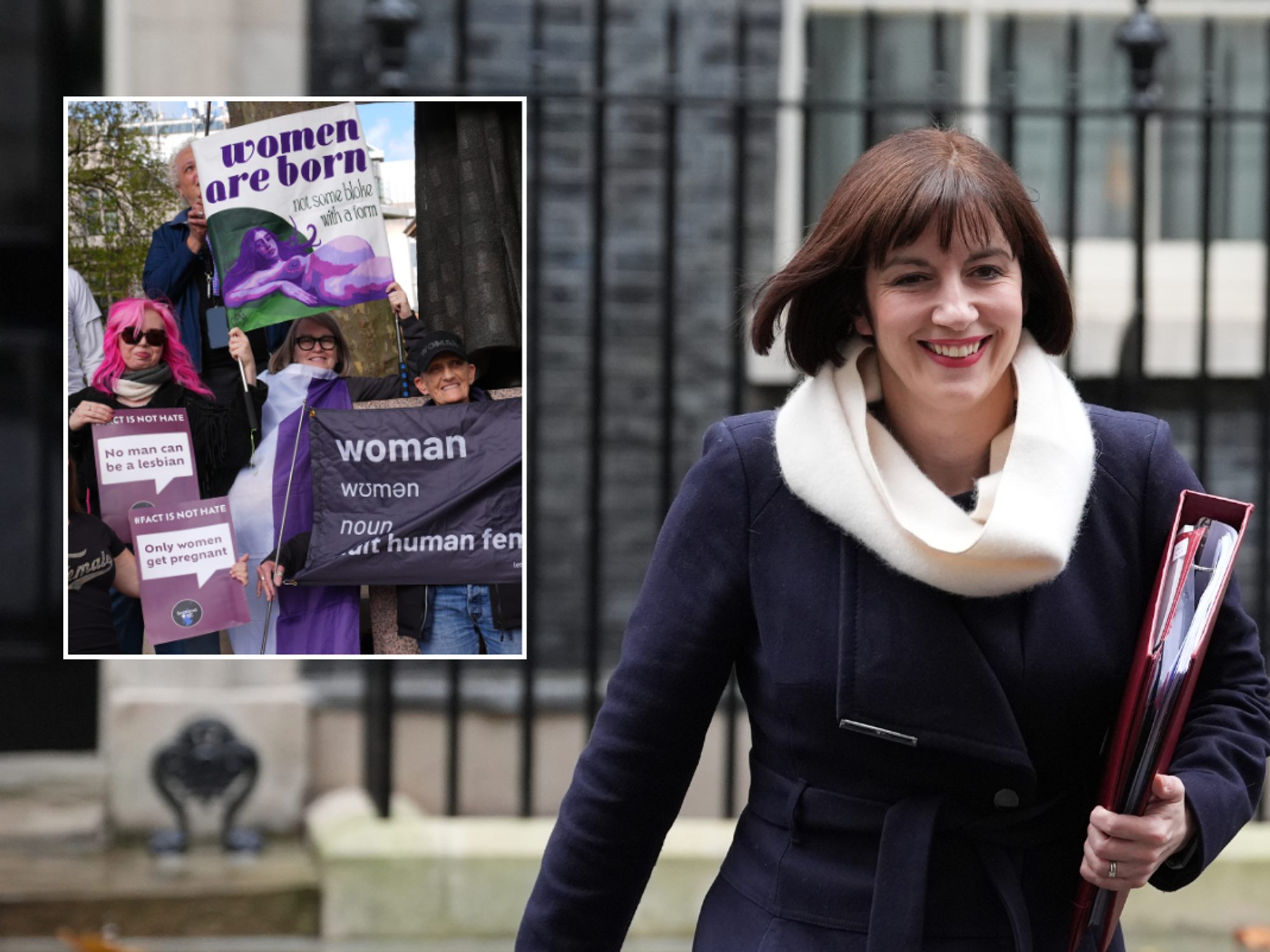‘Miserly’ Christmas Bonus ‘won’t get you very much’ as inflation slashes value of DWP payment

The Christmas Bonus has not increased in 50 years
|GETTY

The qualifying week for the Christmas Bonus is typically the first full week of December
Don't Miss
Most Read
Latest
The Christmas Bonus has been slammed as “miserly” and “tiny” as the annual payment has failed to keep up with inflation, while the budgets of low-income pensioners have been "squeezed to breaking point".
Pensioners are among those set to get the £10 Christmas Bonus, a one-off, tax-free payment from the Department for Work and Pensions (DWP) which aims to help with extra costs during the festive period.
The sum was first introduced in the 1970s and has remained at the £10 level since then.
However, inflation means £10 buys a lot less 50 years on, with campaigners warning it won't cover the cost of cooking a Christmas dinner in 2023 - Aldi has claimed it is the cheapest supermarket for buying a Christmas dinner this year, with typical ingredients to serve a family of four available for around £15.
What do you think about the Christmas Bonus? If you'd like to share your views, get in touch by emailing money@gbnews.uk.
WATCH NOW: GB News panellists discuss state pension triple lock
The Bank of England inflation calculator shows if the £10 figure had been uprated with inflation since it was introduced, it would now be worth £113. A different calculator said it would be worth £162.72 today.
Iain Porter, senior policy adviser at the Joseph Rowntree Foundation, said it was “extremely disappointing” that the Christmas bonus hasn’t been increased to keep up with inflation.
He told GB News: “Anyone who visits a supermarket in the current climate understands that £10 won’t get you very much in your shopping basket, let alone enough for the ingredients needed for a Christmas dinner.
“The fact that the government has done nothing to uprate the DWP’s miserly £10 Christmas bonus for people who receive benefits is unsurprising, but at the same time extremely disappointing.”
Michael Clarke, head of information programmes at the charity Turn2us, said: “£10 is tiny, and inflation diminishes this amount even further.
"Food prices rose 10.1 per cent in the last year, whereas benefits will only be increased by 6.7 per cent and that won’t be until April next year. Christmas is just another week struggling to make ends meet for people in dire financial straits.
"A fix is needed, and not just for Christmas, but in the form of intervention to catch people before they fall into crisis.
“Our social security system should provide protection when its needed and the government should ensure that as a minimum, benefit levels are increased to meet the true cost of living.”
John Palmer, director of influencing and engagement at Independent Age, said the payment now provides “little relief” as it fails to be uprated but costs continue to rise.
He told GB News: “The Christmas bonus was originally set up to help older people with their additional costs during the festive period.
LATEST DEVELOPMENTS:

The budgets of older people on a low income have been 'squeezed to breaking point this year' one campaigner said
|GETTY
"While older people in financial hardship tell us they need every penny they can get just to make ends meet, the fact that the bonus has not increased with inflation means it will now provide little relief against mounting costs.
“The budgets of older people on a low income have been squeezed to breaking point this year. People in later life tell us they are only eating one meal a day and sitting in cold, dark homes because they cannot afford to turn the heating and lights on.
“Older people living in financial hardship this Christmas urgently need additional support to get them through this winter and a long-term approach from the Government to ensure no one is forced to make dangerous sacrifices because of cost.”
A DWP spokesperson said: “We will be paying many people their benefits earlier over Christmas and continuing the £10 bonus at a time when budgets are often stretched. This follows an uprating of benefits in April that means families on Universal Credit are receiving an extra £600 on average this year.
“This is on top of the £94billion provided this year and last to help households with rising costs alongside the uprating of benefits by 6.7 per cent from April – above the OBR’s inflation forecast for next year.”










